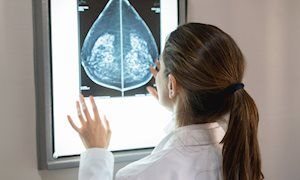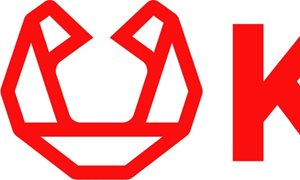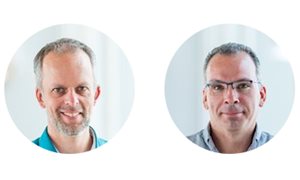 ScreenPoint Medical, a spin-off of Radboud university medical center, has raised 4.3 million euros from Siemens Healthineers and private investors. With these funds, the company can accelerate the market introduction of its learning computer program Transpara, which automatically interprets x-rays of breasts for possible tumors.
ScreenPoint Medical, a spin-off of Radboud university medical center, has raised 4.3 million euros from Siemens Healthineers and private investors. With these funds, the company can accelerate the market introduction of its learning computer program Transpara, which automatically interprets x-rays of breasts for possible tumors.
Radboud university medical center spin-off ScreenPoint Medical develops software applications that can detect breast cancer in early stages from x-rays of breasts (mammograms).
Automatic interpretation
ScreenPoint’s product is called Transpara. It was developed based on artificial intelligence (AI) in combination with large image databases, and its aim is to facilitate and improve the interpreting of mammograms. The performance of the AI system can be compared to that of radiologists, and a recent study demonstrates that the detection performance of radiologists improves when they use Transpara. Use of the system could also help decrease radiologists’ workload.
Lack of radiologists
“Interpreting mammograms is one of the most challenging tasks in radiology”, says Nico Karssemeijer, CEO of ScreenPoint, “and a shortage of skilled radiologists exists in many regions around the world. While breast cancer incidence continues to rise, innovative artificial intelligence solutions are needed to ensure that the high quality of screening programs can be maintained.”
Strategic collaboration
The investment of Siemens Healthineers marks the beginning of a strategic collaboration between the companies in the field of breast imaging and provides ScreenPoint with the opportunity to keep developing in the area of precision medicine. “We are very excited about the opportunity to partner with Siemens Healthineers. This partnership will enable an accelerated market introduction of Transpara.”
Nico Karssemeijer is member of theme Women's cancers.
Related news items

Supplemental MRI screening for women with extremely dense breast tissue
9 January 2020 In the New England Journal of Medicine, the DENSE trial study group including RIHS researchers Ritse Mann and Nico Karssemeijer showed that additional MRI after the nationwide breast screening, reduces interval breast cancer in women with extremely dense breast tissue. go to page
Awarded KWF grants for Radboudumc researchers
18 December 2019 KWF is investing 2.7 million euros in five different studies at Radboudumc. The awards are part of the new round of funding by DCS, in which over 34 million euros will be granted to Dutch cancer research. We congratulate our researchers with this funding and wish them success with their great work. go to page
ERC Consolidator Grant for Bousema and Sechopoulos
12 December 2019 Teun Bousema and Ioannis Sechopoulos each receive an ERC Consolidator Grant of around two million euros. This European research subsidy will enable them to carry out research for the next five years. go to page
Technology for Oncology II grant application funded
21 November 2019 The grant application called "aiREAD – Accurate and Intelligent Reading for EArlier breast cancer Detection” by project leader Ioannis Sechopoulos, has been selected for funding under the NWO TTW – KWF Kankerbestrijding – Top Sector LSH Partnership “Technology for Oncology II”. go to page
VIDI grant for Ritse Mann
27 May 2019 Ritse Mann, theme Women's cancers, receives up to 800,000 euros to develop an innovative research theme and to build up his own research group. NWO is awarding the Vidi grant as part of the Innovational Research Incentives Scheme. go to page
